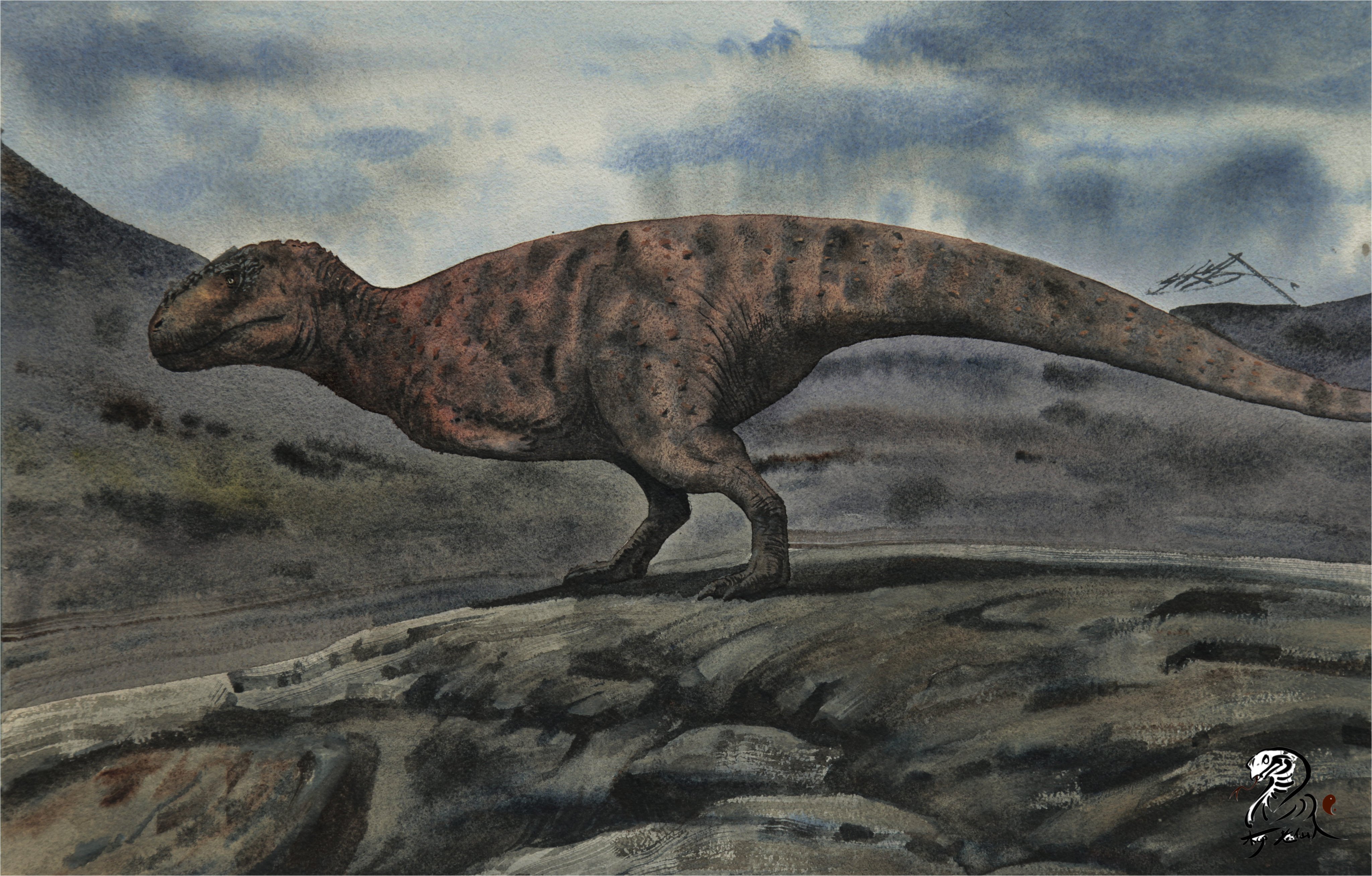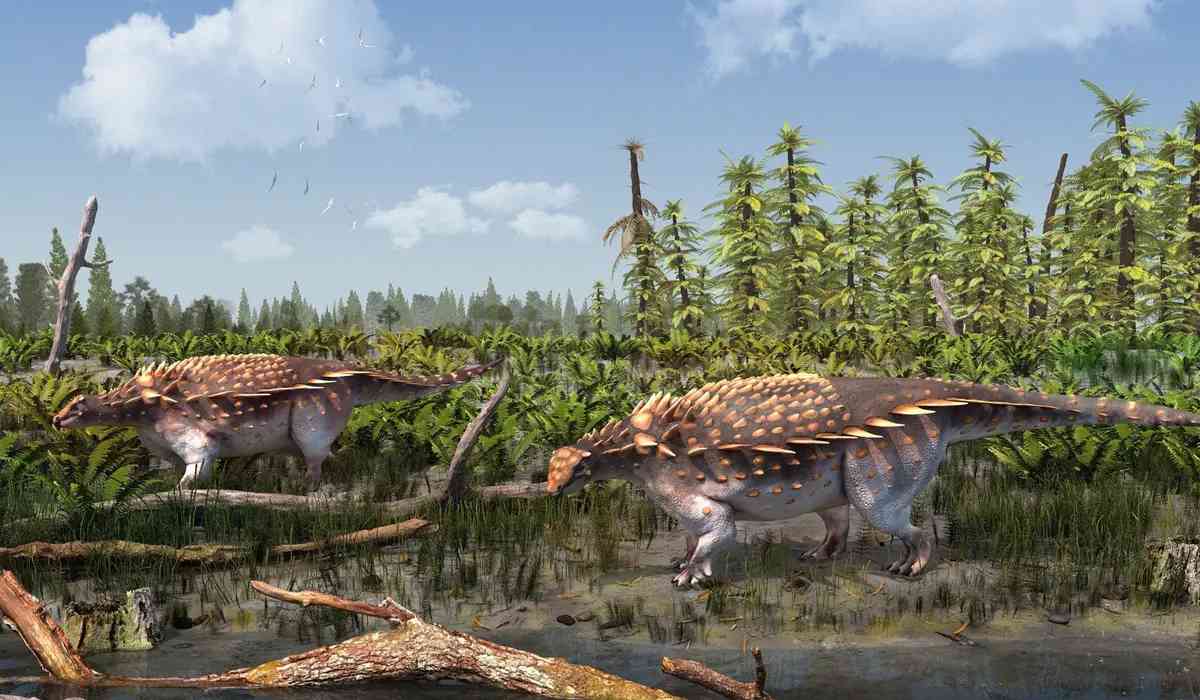In the United Kingdom, fossilized remnants of a dinosaur species that was unknown before have been found. The Isle of Wight, which is noted for its Jurassic era finds, is where fossils of the species known as Vectipelta barretti were found. According to specialists from the U.K.'s Natural History Museum who collaborated on the finding, the recently discovered dinosaur had "blade-like spiked armor," but despite its terrifying look, it would have eaten mainly plants. The scholarly Journal of Systematic Palaeontology has published the results.
The larger Ankylosaur family's first armored dinosaur to be discovered on the Isle of Wight in 142 years is Vectipelta barretti. Over the years, 29 different dinosaur species from various ancient eras have been found on the Isle of Wight, including two new species of huge, carnivorous dinosaurs found there in 2021. The finding of the new species, according to Stuart Pond, the project's principal researcher, will provide crucial insight into the variety of animals that would have inhabited the area at the time. Since we've described this new species, all ankylosaur bones previously attributed to Polacanthus foxii, a well-known dinosaur from the Isle of Wight, need to be reconsidered, he added.

According to researchers, Vectipelta barretti differed from the well-known Polacanthus foxii in terms of its neck, back, and pelvic bones as well as its armor plates, which were spikier. The recently discovered species, according to researchers, may have been more closely connected to ankylosaur species found in China. Between 66 million and 145 million years ago, it is thought that such dinosaurs roamed freely between Asia and Europe. The finding team also claimed that the location of the item may provide fresh insight into how the dinosaurs perished. Regarding the extinction of the dinosaurs, there is still a lot of controversy. While evidence points to an asteroid impact as the primary cause, volcanic eruptions that resulted in abrupt, widespread climatic change may also have been to blame.
According to the scientists that identified Vectipelta barretti, this most recent finding will be "crucial to understanding if such an event occurred and how life recovered." The dinosaur was given Professor Paul Barrett's name, a prominent dinosaur expert at the Natural History Museum of Great Britain in London. He added in a statement that he was "flattered and absolutely delighted to have been recognized in this way," adding, "I'm sure that any physical resemblance is purely accidental." The popular dinosaur museum on the Isle of Wight will now add the find to its collection, and throughout the summer, pieces of the dinosaur will be on show there.
© Copyright 2023. All Rights Reserved Powered by Vygr Media.
























